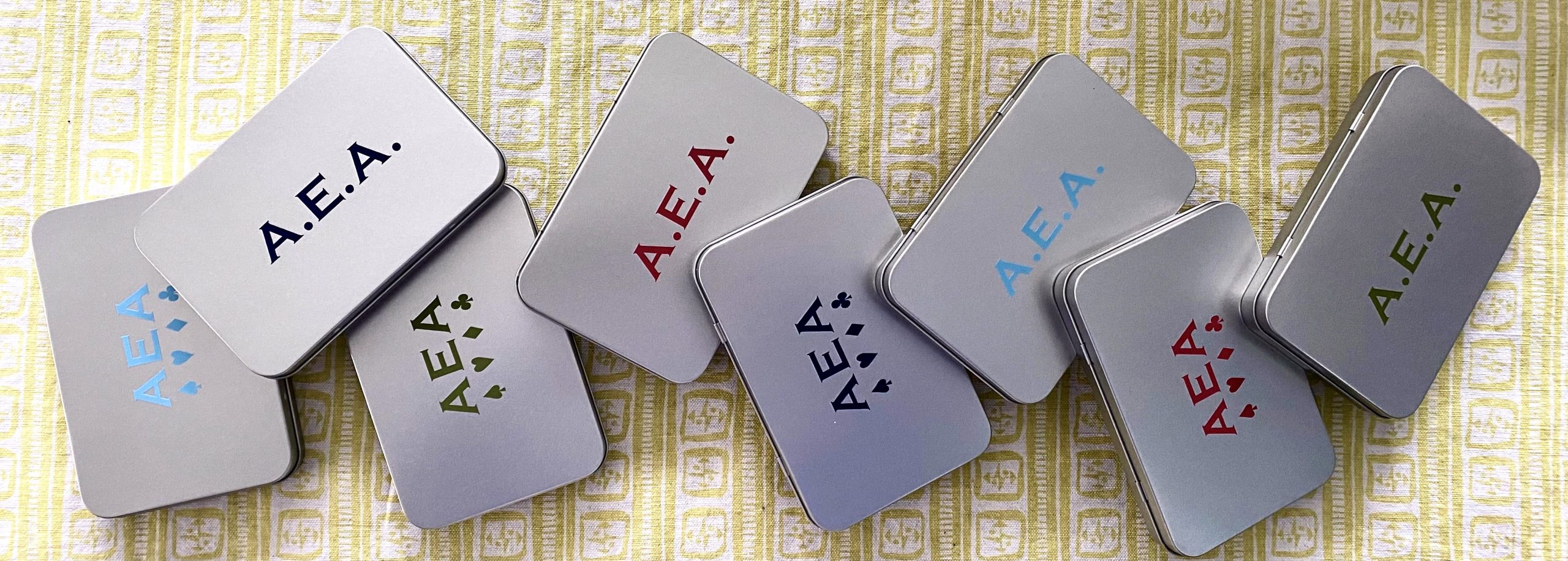Cottonseed to Georgia
The Chelsea Physic Garden was first laid out in the 1670s by apothecaries and herbalists who played an important part in English medicine.
In 1732 the garden provided help for a new colony in Amercia, designed for poor debtors and named Georgia after the monarch George II. A supply of cottonseed was sent from the garden to Georgia, and from that seed developed the great cotton industry of the American South.
Years later Britain in turn came to rely on imports of cotton from Amercia. (Not least of which cotton paper was one of the materials often used to make playing cards!)
During the American Civil War, the blockade of the southern states prevented this cotton from reaching England, with dire results. About a fifth of the English population depended on the cotton industry, and pressure was put on the British government to join the war on the side of the Confederates – which it nearly did.
In 1861 Prince Albert intervened from his deathbed to prevent the British government from sending an inflammatory message to the Union government. If sent, this would probably have brought Britain into the war, and might perhaps have altered its result.
So the cottonseeds from this garden had some far-reaching effects.







